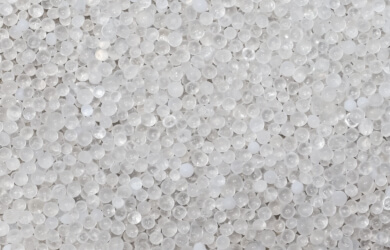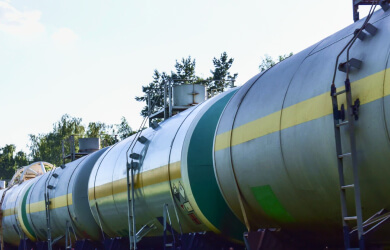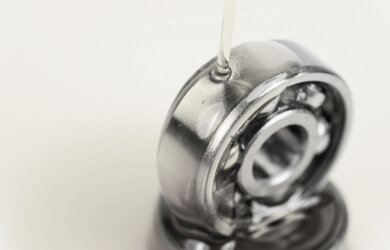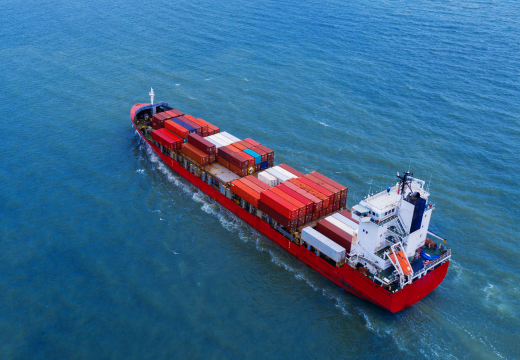In light of the recent ban on Russian base oils, the market is experiencing significant changes. The recent article from Lubes`N`Greases highlights the key points and insights from industry experts, including our Managing Director Denis Varaksin.
As stated in the source, Russia exported approximately 1 million tons of base oils annually before the war in Ukraine, with the majority being shipped to European markets. With the ban now in effect, there won’t be a price cap on base oils. Denis Varaksin explains that setting a price cap for a fragmented market like base oil is difficult, as it differs from diesel, which is consistent in quality everywhere. Additionally, he points out that the base oil market is relatively small, and Europe can potentially replace Russian base oils with imports from other destinations.
The article highlights the advancements in Europe’s capacity to manage disruptions in base oil imports, which have been bolstered in recent years by the inauguration of new facilities and investments in existing plants. Key examples of these developments are ExxonMobil’s 24,000 b/d Group II base oil plant situated in Rotterdam, the SK-Repsol joint venture’s base oil facility in Cartagena with the capability to produce 5,900 b/d of Group II and 11,000 b/d of Group III base oil, and Neste’s Group III base oil plant in Porvoo, Finland, boasting a production capacity of 5,100 b/d.
To sum up, with the ban on Russian base oils now in effect, no price cap will be implemented. Despite the potential challenges, Europe’s increased capacity to adapt to market disruptions puts it in a strong position to find alternative sources for base oils, ensuring a more stable supply in the face of uncertainty.















